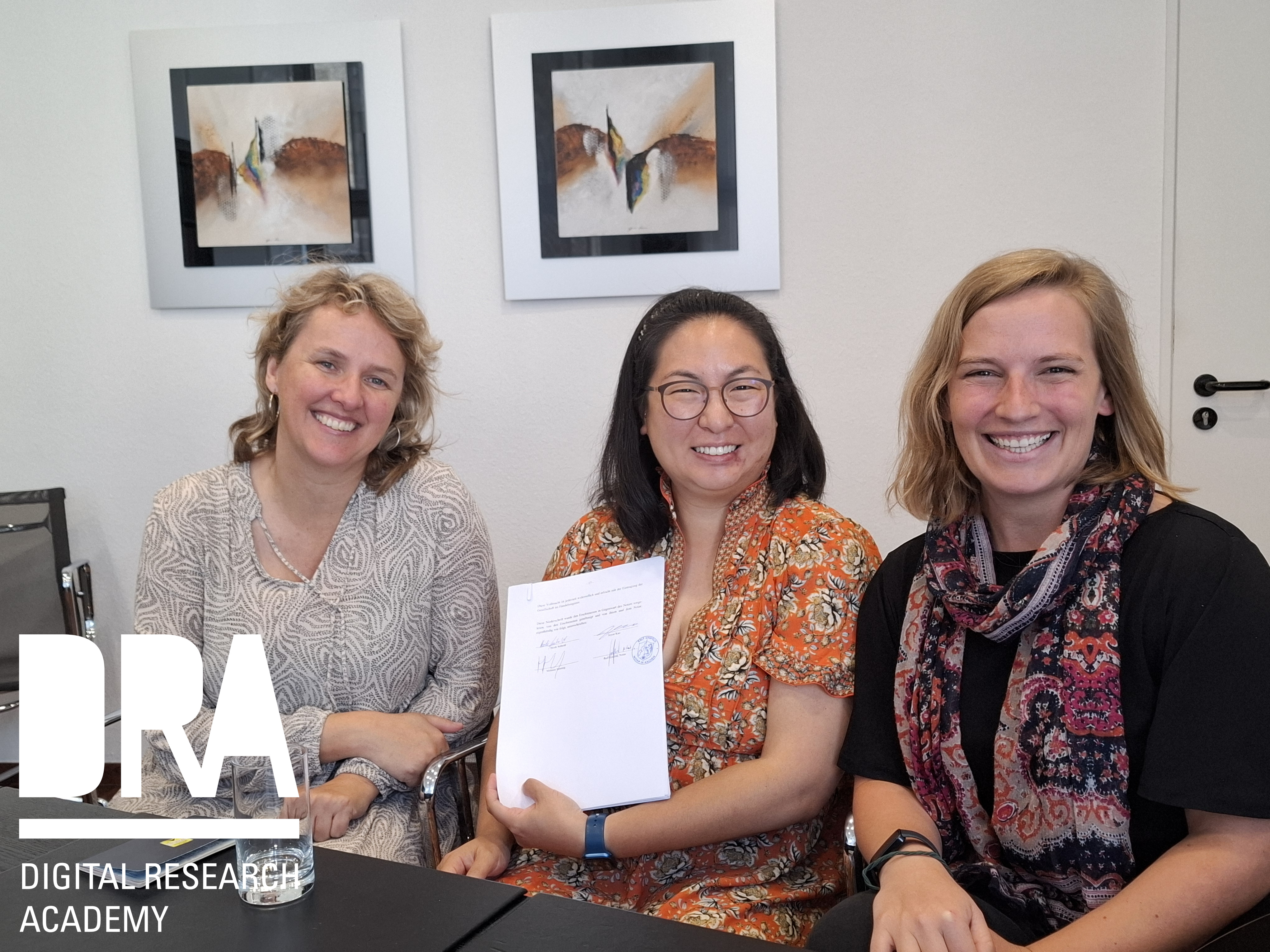How to pick a research group to apply to?
|
Dr. Heidi Seibold
All things open and reproducible data science.
I am excited to share that the Digital Research Academy incorporation is almost done. We had our notary appointment last week, set up the bank account and are now waiting for the official registration of the DRA Digital Research Academy GmbH. I published my first post about the initial idea for the Digital Research Academy in May 2023. Now, just a year and a few months later, the Digital Research Academy is becoming not only an initiative but a company. Last week Joyce Kao, Melanie Imming and...
I am in the process of making my newsletter FAIR (Findable, Accessible, Interoperable, and Reusable). Here's how. I am an advocate for Open Science. The FAIR priciples are very near and dear to my heart. I was excited when the Open Science folks at Jülich archived a bunch of my posts and gave them a persistent identifier (DOI, see archived posts here). This was exactly what I was still missing to make my posts more FAIR. However, I cannot expect them to take care of archiving all my posts and...
The academic publishing system is broken. I think we can all agree on that. But what if you want to have an academic career and at the same time stick to your values of openness? Here's my pragmatic take. I understand the fear of not publishing in established journals. We all want to have a good career and feel like publishing our papers in the journals that our peers and employers deem worthy seems like an important step. As a pragmatic open scientist, I generally recommend not to be too...
